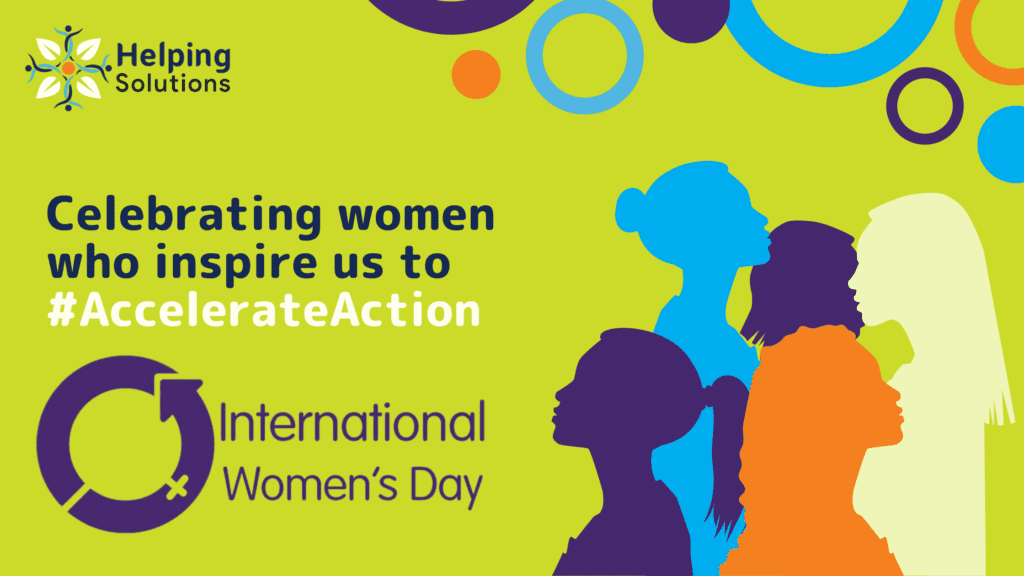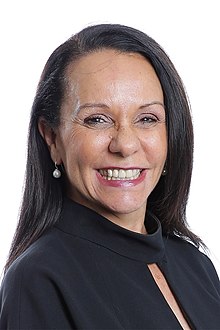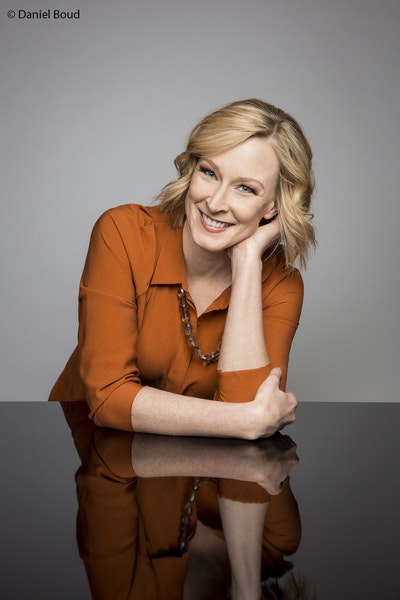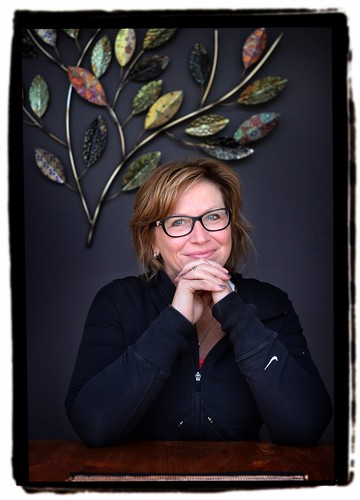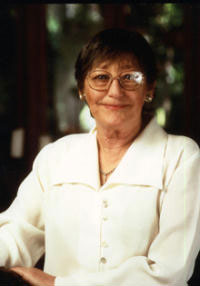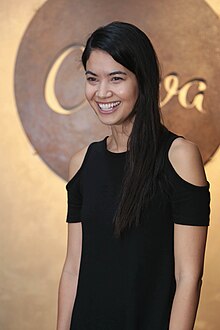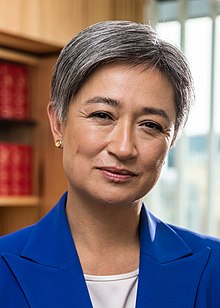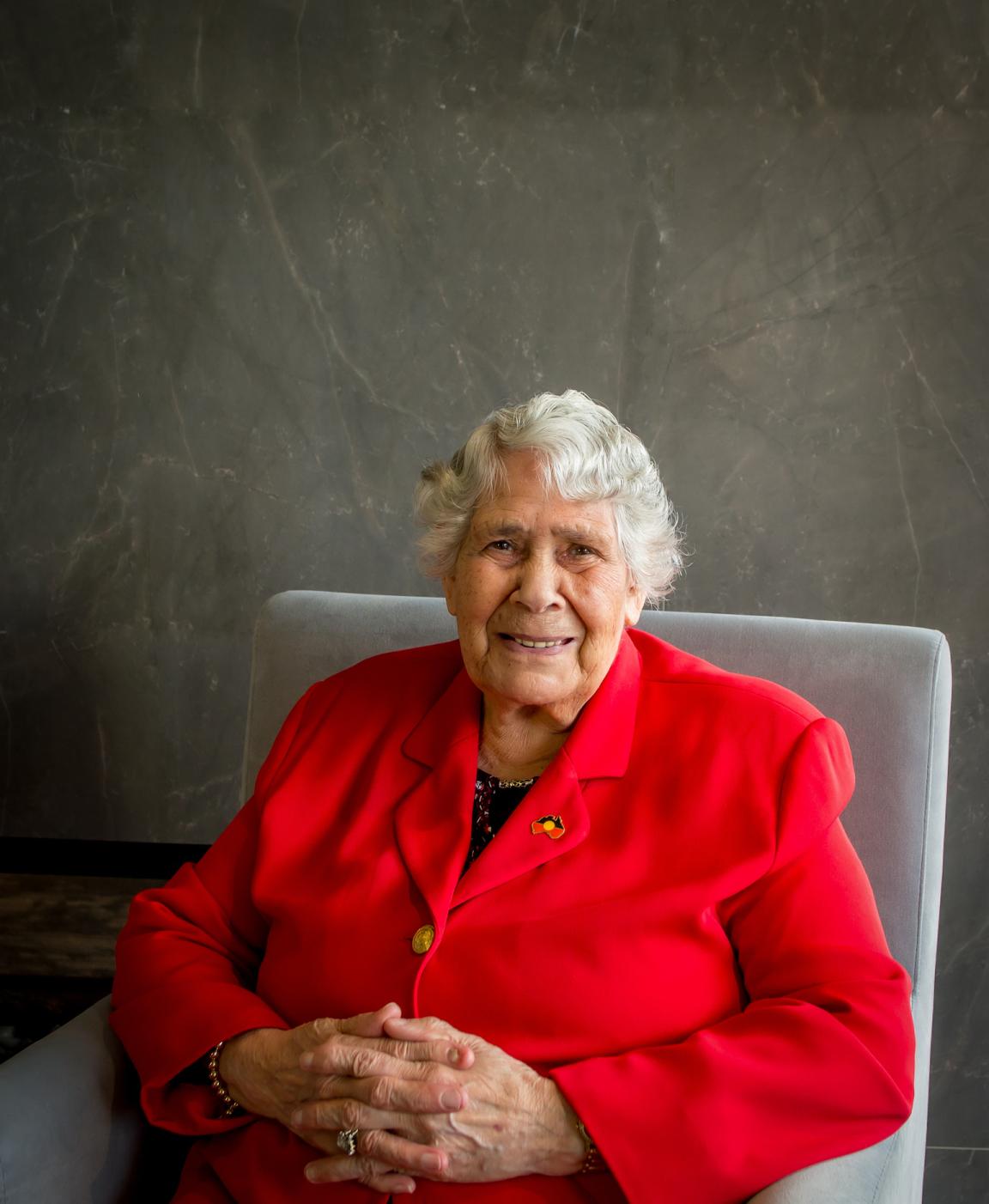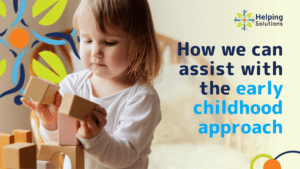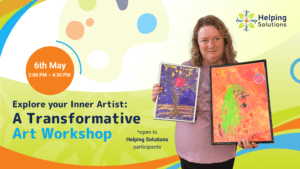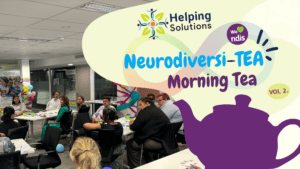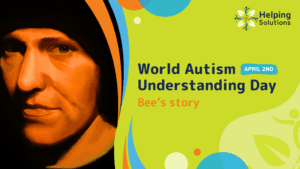This year’s theme for International Women’s Day is March Forward: For ALL Women and Girls, and is lead by a powerful campaign to Accelerate Action.
Over the past thirty years, we’ve seen countless women break glass ceilings, reshape policies, and contribute so much positive change to the lives of women.
While we are still nowhere near where we should be when it comes to global gender equality, rights and opportunity, we wanted to highlight some of the integral women of Australia who have moved mountains towards these initiatives, proving that any one person can change the lives of millions of people with their voice and their actions.
Linda Burney
Not only was Linda Burney the first Aboriginal woman elected to the House of Representatives, she’s also the current Minister for Indigenous Australians.
She’s done incredible work to close the gap and reduce disparities in life expectancy, employment, and education for Indigenous women.
She’s also advocated for stronger domestic violence policies to support indigenous women and families, and has helped secure more funding for frontline family violence services.
Caroline Bowditch
Image credit: Creative Australia
Artist, director, and CEO of Arts Access Victoria, Caroline Bowditch is renowned force in the arts sector and a huge advocate for those (like herself) who are living with disability.
Her organisation drives inclusion for disabled artists and audiences in Victoria, and many of her works challenge traditional representations of disability in dance and performance.
Bowditch also celebrates diverse bodies and challenges beauty standards that often exclude disabled women, encouraging more self-acceptance and reshaping cultural attitudes towards femininity.
Julia Gillard
Everyone remembers Julia Gillard’s iconic misogyny speech, even 12 years on from it. But this wasn’t Gillard’s first feat. She was also the first female Prime Minister of Australia, and is known for her strong stance on gender equality and education reform.
During her time in parliament, Gillard strengthened many laws that benefit women, including:
- The requirement for large businesses to report on gender equality, addressing pay gaps and workplace discrimination.
- The initiatives tackling domestic violence and supporting survivors.
- The expansion of paid parental leave to improve economic security for working mothers.
Leigh Sales
Image credit: Penguin Random House
Acclaimed journalist and former host of 7.30, Leigh Sales has paved the way for more women in high-profile roles through her fearless and inspiring interviews.
As co-host of the podcast Chat 10 Looks 3, she fosters discussions that amplify the voices of female writers and creators.
Sales has also openly discussed and helped normalise conversation around the challenges of balancing motherhood and a demanding journalism career, encouraging systematic change, and mentors autistic journalism students through the TV show The Assembly.
Rosie Batty
Image credit: Australian of the Year Awards
In 2015, Rosie Batty won Australian of the Year when she rose above the personal tragedy and loss of her 11-year-old son in a domestic violence incident. She has since gone on to do a ton of advocacy work, including:
- Bringing domestic violence to the forefront of national conversation.
- Pushing for systemic changes in how Australia addresses domestic violence.
- Working with governments, businesses, and media to challenge cultural attitudes that normalise violence against women.
This list only scratches the surface of the campaigns Batty has run, and the initiatives she has been part of, all of which has promoted positive change for women in Australia.
Jessica Mauboy
At 16 years old, Darwin born singer Jessica Mauboy auditioned for Australian Idol and went on to become one of Australia’s most successful indigenous female artists to achieve mainstream success. Leveraging her platform and influence for good, she has gone on to trailblaze and support a number of initiatives, including:
- Mentoring young female musicians, showing them success in their desired field is possible regardless of background or circumstance.
- Promoting indigenous representation in music and entertainment industries.
- Supporting domestic violence awareness campaigns and advocating for women’s rights.
- Working with Indigenous education programs as an ambassador to encourage young women to finish their education and pursue their dreams.
Barbara Holborow (1930–2012)
Image credit: Vivid Publishing
Nicknamed “The Children’s Champion”, Barbara Holborow was appointed as a magistrate in the New South Wales Children’s Court from outside the government system. Despite vocal strikes against her position, her work throughout her career supported mothers, children and families, including initiatives to:
- Improve support services for young girls in the justice system.
- Introduce trauma-informed approaches in courts.
- Develop diversionary programs to keep mothers with their children while serving sentences.
- Establish free legal aid clinics for mothers and female caregivers in need of legal representation for child custody and welfare cases.
She was named the 2012 New South Wales Senior Australian of the Year and cared for a number of foster children throughout her life.
Melanie Perkins
Prior to 2013, the best option for graphic design (Photoshop) was also not the most affordable, not the most user-friendly option.
Then Melanie Perkins founded Canva, and the entire design game changed worldwide.
Canva’s simple and intuitive interface lowered barriers for women entrepreneurs, small businesses and content creators across the globe. Not to mention that approximately 60.17% of Canva users are female.
Graphic design is not only a learnable skill, but it’s an accessible job to acquire for those living with a disability. Every business needs designers for various needs, providing so much opportunity for those who require reasonable adjustments or flexible work arrangements to become product designers, or even social media managers.
Penny Wong
As Australia’s first female Minister for Foreign Affairs (and the first openly gay woman in Parliament), Penny Wong is a hugely influential woman for the LGBTQ+ community, as well as women of colour.
Wong has been a vocal advocate for paid parental leave and addressing the gender pay gap. She has also been a powerful advocate for LGBTQ+ rights, including the legalisation of same-sex marriage in Australia. So much of Wong’s work and influence has created positive change in the lives of women across Australia.
Tara June Winch
Award-winning Indigenous author of The Yield, Tara June Winch empowers Indigenous women to see themselves and their heritage reflected in literature through stories rooted in Aboriginal culture.
Her work has paved the way for more First Nations women to pursue careers in writing and publishing, and tell their stories in their own words. Winch’s own books focus on the struggles and triumphs of women, especially in the face of intergenerational trauma, colonial history, and personal loss.
Lowitja O’Donoghue (1932–2024)
Image credit: National Library of Australia
As the first Aboriginal woman to be appointed as a senior public servant, Lowitja O’Donoghue’s leadership paved the way for more Indigenous women to take on roles in politics, public service, and advocacy.
Her work was grounded in healthcare and welfare, and as a former nurse, she worked tirelessly to improve healthcare access for Aboriginal communities, particularly for women and children. She also played a crucial role in shaping policies that addressed maternal health, child mortality, and access to medical services for Indigenous women.
Antoinette Lattouf
Image credit: Women Press Freedom
Co-founder of Media Diversity Australia and journalist, Antionette Lattouf played a pivotal role in increasing representation (particularly women of colour) in Australian media, working to amplify stories that are often overlooked and giving migrant and refugee women a voice.
She has also pushed for more inclusive hiring practices and greater visibility for diverse female voices in newsrooms. Throughout her career, Lattouf has tackled issues related to sexism, racism, and unconscious bias in media and society, and provides guidance on how women can navigate difficult conversations on these topics.


